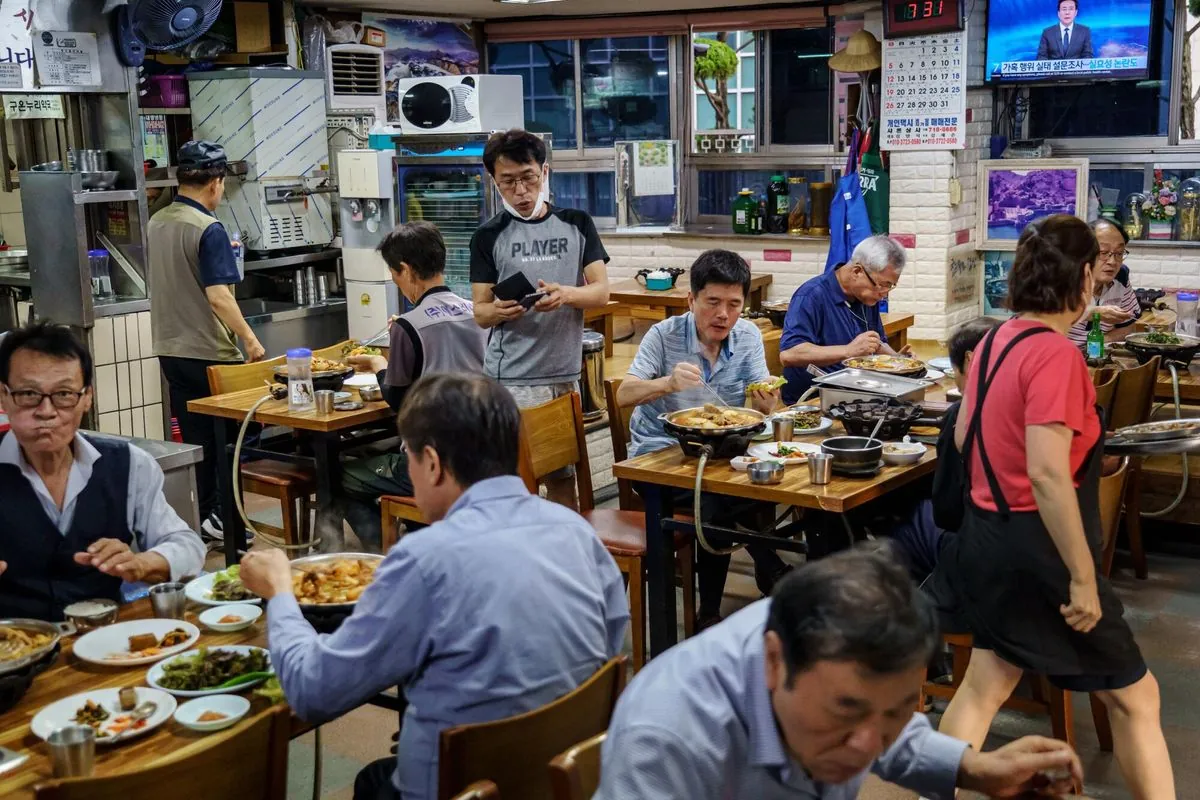South Korea's Youth Prioritize Luxury Over Family Planning, Defying Government Efforts
South Korea's birth rate continues to plummet as young adults prioritize luxury spending and experiences over family planning. Government subsidies and policies fail to reverse the trend, prompting the creation of a new ministry.

South Korea, Asia's fourth-largest economy, continues to grapple with a declining birth rate, setting new global lows despite government interventions. The nation's youth, particularly those in their 20s and 30s, are increasingly prioritizing personal experiences and luxury purchases over traditional family planning.
Park Yeon, a 28-year-old fashion influencer and aspiring singer, embodies this shift in priorities. "I'm all about YOLO," she states, emphasizing her focus on immediate happiness rather than long-term family planning. This mindset reflects a broader trend among South Korea's Generations Y and Z, who allocate a significant portion of their income to high-end experiences and products.
The impact of this lifestyle choice is evident in economic data. While the savings rate for those in their 30s has declined, their spending at luxury department stores and high-end hotels has surged. This trend persists despite the country's aggressive interest rate hikes over the past three years, aimed at curbing inflation.

Sociologist Jung Jae-hoon from Seoul Women's University attributes this behavior to "status hunting," suggesting that young Koreans are more focused on cultivating online personas than pursuing traditional life goals. This shift is reflected in the country's consumer landscape, with luxury brands like Chanel, Celine, and Dior partnering with K-pop groups to target young consumers.
However, financial constraints remain the primary reason cited for avoiding parenthood. A survey by PMI Co. revealed that 46% of respondents blamed job uncertainty or education costs for their decision not to have children. This economic pressure is exacerbated by slower income growth for young adults compared to overall household income.
The South Korean government, led by President Yoon Suk Yeol, has responded to the demographic crisis by announcing plans to create a new ministry dedicated to addressing population challenges. This move comes after numerous policy measures, including subsidies for vasectomy reversals and cash support for families with newborns, failed to reverse the declining birth rate.
"If things work out well with what I do, savings and getting married and all those will follow. For now, enjoying my life and working on my dream job are my priorities."
The unique priorities of South Korean youth were highlighted in a 2021 survey by the Pew Research Center. Among 17 advanced countries, South Korea was the only nation where material well-being was cited as the top factor for a meaningful life, contrasting with other countries where family or health took precedence.
As South Korea continues to navigate this demographic challenge, the government faces the complex task of aligning its policies with the evolving values and aspirations of its younger generations. The success of these efforts will be crucial in shaping the future of this technologically advanced nation, known for its "Miracle on the Han River" economic development and world-leading education system.


































